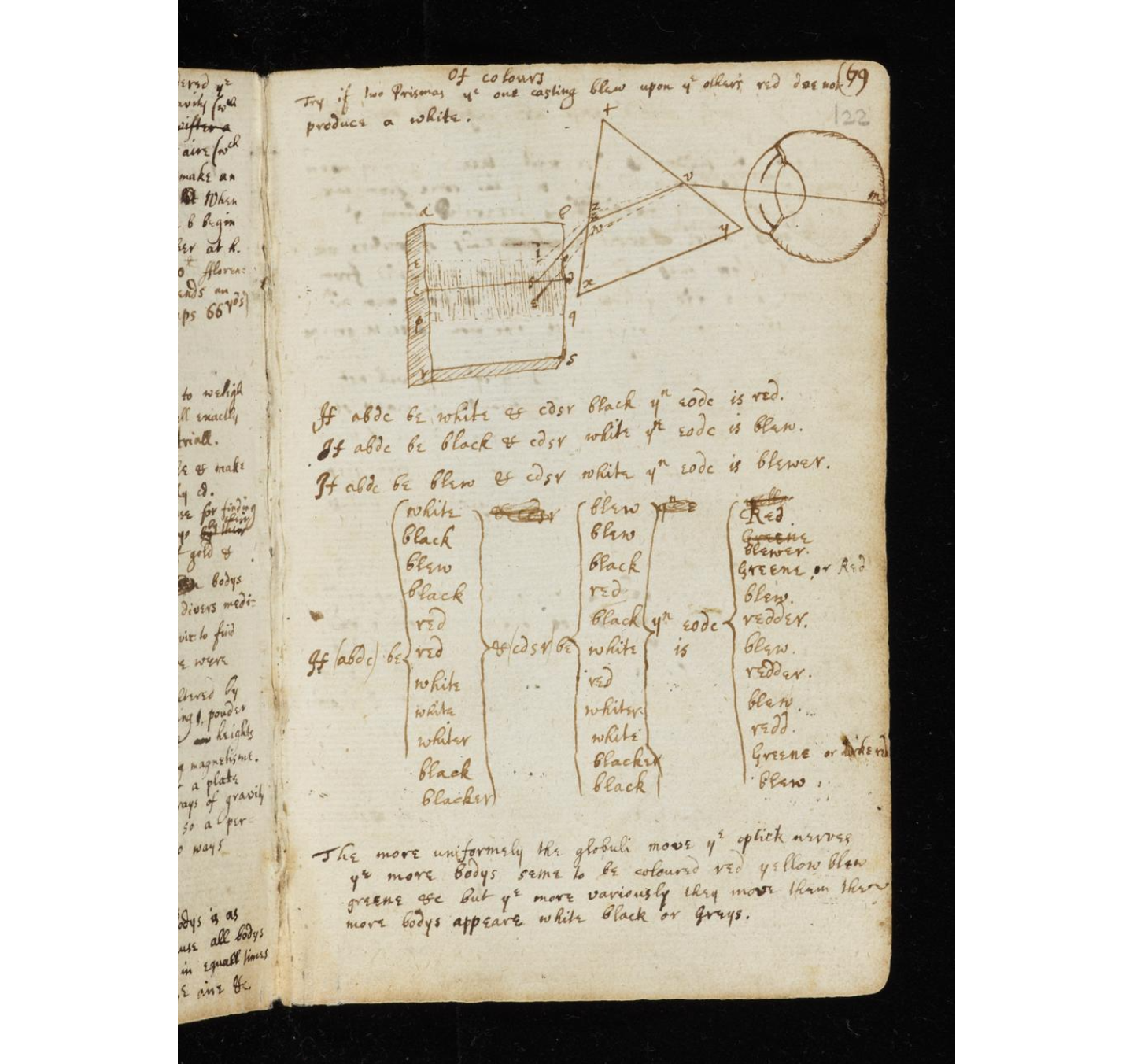💠 Sunday Scaries (10/11/20)
The Straussian Moment, Isaac Newton's notebook, and Penguin Classics
Hi everyone,
Writing to you from Venice, CA. I’ve been heads down working on a hardware project that is coming together nicely. The end goal is to donate spare computing power from a refurbished Ethereum miner to help scientists understand biology and develop therapeutics.
During this work, I’ve been fortunate to meet many great people in the technology and arts scene in Venice - having access to such a diverse set of talent is one of the reasons I love Los Angeles. More to come on this, including a short piece on the community behind this project.
What’s New From Me:
Why teenagers want to be influencers: When I started this essay, I set out to answer a simple question: when did school become mandatory? During my research, I came to the conclusion that our society’s obsession with academic credentials is pushing teenagers to seek out careers that are accessible with the tools available to them. This is one of my favorite essays I’ve written all year. Warning: it’s longer than usual, coming in at just under 3,000 words.
In This Week’s Edition:
[💎 Philosophy] The Straussian Moment
This essay from Peter Thiel is a fascinating blend of philosophy, religion, and history. In it, he lays out the case that as a society we have given up our passions in return for reduced conflict. The result is that no one thinks about anything anymore. This essay is a must read for anyone looking to build a better understanding of Thiel’s worldview. I came across it again recently when he was invited to discuss the essay on Peter Robinson’s show Uncommon Knowledge. From the essay:

The title of the essay is a reference to Leo Strauss, a 20th century political philosopher. The term “Straussian” means to read between the lines and look for hidden messages. Straussian writers choose to use an obscure style that is intelligible to a casual reader, but would present some interesting nugget of truth to those who know what to look for. Another strategy that is common within Straussian writing is to have your antagonists - your devils, beggars, and drunks - be the mouthpiece for your less than reputable statements.
Lindy score: ~2040
[🔭 Science] Isaac Newton’s Notebook
When Isaac Newton first enrolled at Trinity College in 1661, he kept a notebook that gives us a glimpse into the mind of a young genius. One section in particular, titled Qu[a]estiones quaedam Philosophiae or “certain philosophical questions”, is a famous example of his wide-ranging interests. In the notebook, Newton asks basic questions like “what is heat?” and ponders the movement of celestial bodies. I love notebooks like this, scribbles and all, because they show the process for creation in it’s raw and unpolished form. Luckily, all 4,000 pages have been digitized and made available online for anyone to learn from.
Check out this sketch of light refracting through a prism, including a rough diagram of the human eye.

Lindy score: 2,500+
[📚 Books] Penguin Classics Reading Guides
There are too many good books to waste your time reading most of the stuff that is published today. Penguin Classics is my go to whenever I’m looking for a recommendation. This page is a curated list of reading guides for some of the most popular books in their collection, including 1984, Pride and Prejudice, and more.
If this list isn’t quite your speed you might enjoy checking out my bookshelf. I keep a list of books that I own and have marked ones that stood out to me. Happy reading!
Thanks for reading,
Phil
Sunday Scaries is a newsletter that focuses on content that has stood the test of time. Because of The Lindy Effect, the topics covered will still be relevant in the future. You can subscribe by clicking the link below. 👇



